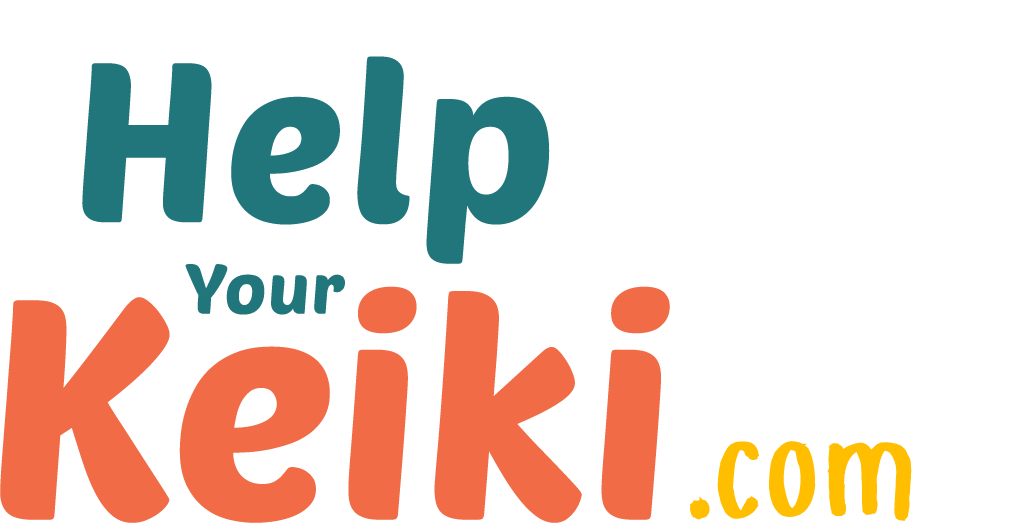Self-Verbalization
This is a type of cognitive skill that involves increasing a child’s awareness of their inner-voice. The goal of self-verbalization is to decrease negative self-statements and increase use of constructive self-statements. Many strategies can be used by a youth’s therapist to help the child tune in to their inner dialogue and change it for the better.
What should my therapist be doing?
Teaching your child that speech directed toward themselves (either aloud or internally) can be used to alter beliefs and remember information, rules, and strategies
Modeling self-verbalized statements that may help with performance, mood or anxiety:
Problem definition (e.g., “What is it I have to do?”)
Focusing of attention (“I need to pay attention to what I’m doing”)
Planning and response guidance (“I need to work carefully”)
Self-reinforcement (“I’m doing fine”)
Self-evaluation (“Am I doing things in the right order?”)
Coping statements (“I need to try again when I don’t get it right”)
What should I be doing?
Encouraging your child to practice their self-verbalization skills
Providing your child opportunities to practice their self-verbalization skills with different tasks or situations
Praising your child for using these skills in day-to-day settings
How will I know if it is working?
Your child will use self-verbalization to aid with tasks involving memory/attention, maintain a positive outlook when learning and persevere in the face of difficulties
Your child should experience increased confidence in their abilities





















